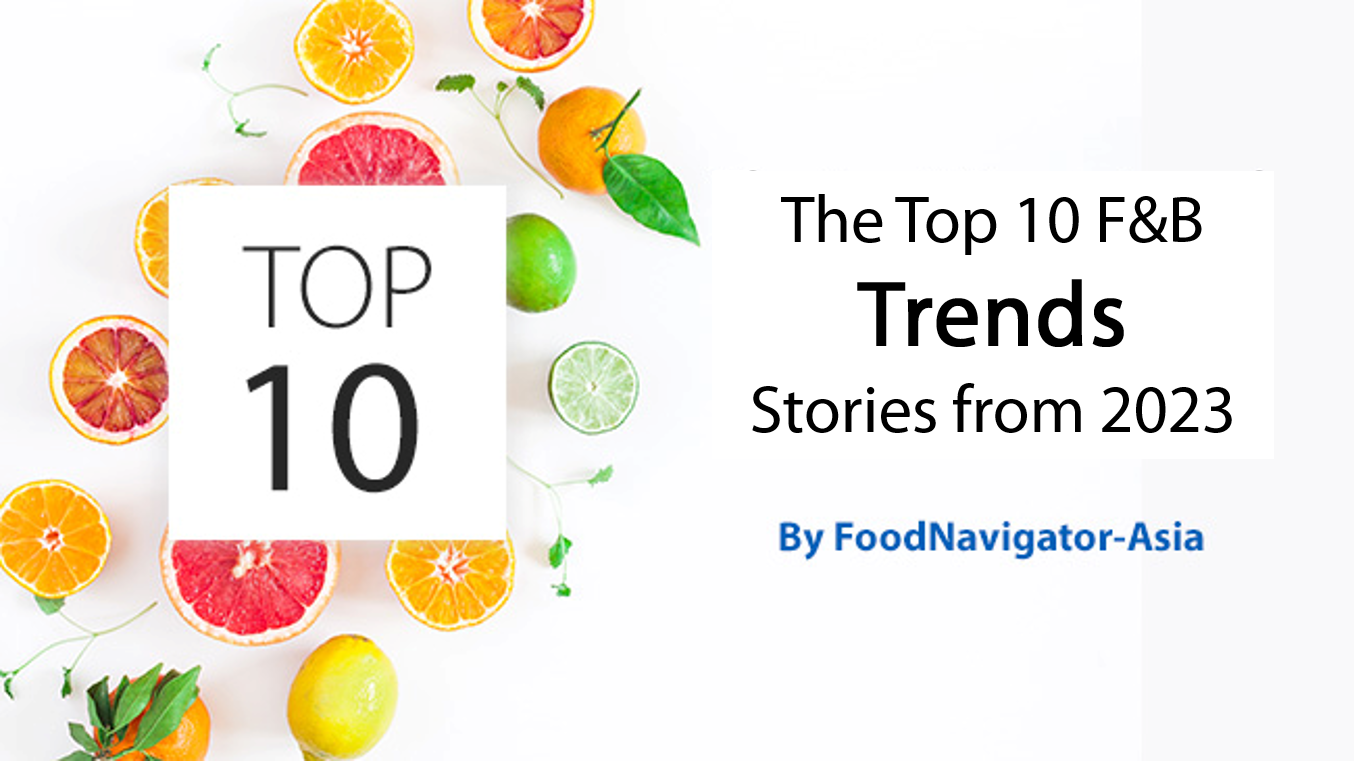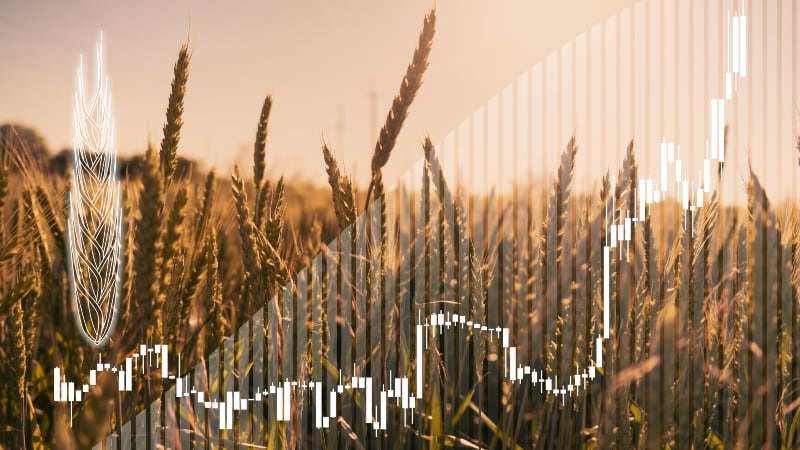Standing strong: Nestle’s affordable products strategy boosts emerging market growth
Trend: Affordability and accessibility
Nestle’s strategy to focus on product affordability and accessibility appears to have paid off, with the firm having seen more significant growth from its business in emerging markets even amid inflationary and economic turbulence earlier this year.
Nestle published its FY2022 full year financial results in February 2023, announcing total year-on-year organic sales growth of 8.3% to CHF94.4bn (US$136.5bn) and a 16% increase in operating profit to CHF16.1bn (US$23.3bn), though profit margins were reported to have dropped by 30 basis points (0.3%) to 17.1% overall.
Caffeine culture: Nestle, Suntory among coffee brands highlighting localisation and RTD innovation as key drivers
Trend: Localisation
Coffee consumers in the Asia Pacific region have been noted to be increasingly making purchasing decisions driven by by localisation and ready-to-drink format innovation, according to industry heavyweights such as Nestle, Suntory and Movenpick.
In this edition of the FNA Deep Dive, we spoke to several of the biggest coffee brands as well as industry-leading trailblazers in the APAC region, in order take a closer look at the most significant trends driving the growth of this longstanding beverage sector.
Upgrades and opportunities: Kraft Heinz pumps investment into Indonesia, eyes meat replacement innovation
Trend: Sustainability; alternative proteins
Global food giant Kraft Heinz told us earlier this year that investment in an upgraded facility and new sustainability pledges are reaffirmation of its commitment to the crucial Indonesia market, also revealing that it is examining opportunities in the meat replacement space.
The firm’s largest production facility in the Asian region is located in Indonesia, mostly focused on the production of its ABC branded products which are a leader in terms of market share in the country.
Kraft Heinz had poured in a total of IDR 1.2tn (US$ 84M) in CAPEX investment to upgrade this site, installing modernised processing equipment, solar energy and waste water management systems.
Safe for second use: South Korea approves recycled PET as material for new food and beverage containers
Trend: Sustainability
South Korea gave the nod earlier this year for recycled PET plastic to be used as a material to make new food and beverage containers as part of its national sustainability strategy, citing work by international brands such as Coca-Cola and PepsiCo as an inspiration.
The South Korean government has been proactively pushing its sustainability goals to reduce its plastic waste production by half, as well as more than double recycling rates from 34% to 70% by 2030.
As part of its repertoire of recycling-related regulatory updates, the government announced that from January 2023 recycled PET was approved as a raw material to be used to make new food and beverage containers for use within the food and beverage system.
Mondelez snacking insights: Brand familiarity and indulgence crucial drivers for AMEA industry growth
Trend: Snacking; brand familiarity
Snacking giant Mondelez International has said that the familiarity of brands as well as consumer demand for indulgence in their daily diets are key drivers for snack market growth in the AMEA region.
Mondelez released a version of its State of Snacking 2022 report findings specific to the Asia Pacific, Middle East and Africa (AMEA) region earlier this year which FoodNavigator-Asia has viewed, with several key insights focused on consumer purchasing behaviour in this region.
One of its key findings was that brand familiarity is incredibly important to AMEA consumers, with many willing to put in extra effort to gain access to favourite, familiar snacks.
Beyond the ‘obsession’: Are alternative proteins truly the best path to a sustainable food supply?
Trend: Alternative proteins
Creating a sustainable food supply to meet population demands will require more than just a focus on growing the alternative proteins sector despite its current hype, industry experts have said.
Alternative proteins has been one of the biggest trends to hit the food and beverage sector in the past few years, with many strongly believing that it represents the end-solution to creating a sustainable food supply to feed an estimated 10 billion global population by 2050.
But despite its rapid growth and the keen interest both big brands and emerging start-ups have taken in this sector, experts are questioning the veracity and practicality of focusing too much on this to the detriment of developing other potential solutions.
Tea is trending but novel innovation needed to entice younger consumers – Unilever, Asahi, YATE insights
Trend: Tea trends; product innovation
Tea-based beverages are emerging as a growing trend in APAC, but experts have highlighted that manufacturers must integrate novelty and excitement into their beverage innovation in order to attract and maintain the attention of younger consumers.
Brewed tea as a hot beverage has been a popular and traditional drink for many years in many parts of the world, including in many East Asian markets like China and Middle Eastern ones like Turkey, and continues to gain traction with consumers in many APAC markets.
Many brands have been focusing a good deal of effort on innovating within the tea category in recognition of this varying from refreshing to functional options, including big brand names such as Unilever.
World’s most vegan-friendly nation? New climate bill reinforces support for plant-based diets rooted in Taiwanese culture
Trend: Alternative proteins
Taiwan’s largest plant-based food manufacturers have claimed that consumers are increasingly adopting vegetarian diets for sustainability and health reasons as opposed to religious factors, and that government policies have helped propel further growth.
Taiwan’s Council of Agriculture passed a climate bill earlier this year mandating government departments to promote low-carbon diets, including plant-based and locally sourced foods.
This was preceded by lobbying from local civil society organizations, which managed to get sufficient political support to pass the bill.
Savoury, spicy and familiarity: Mondelez, Hunter Foods, Miaow Miaow and more weigh in on key APAC snacking trends
Trend: Snacking trends
The APAC snacking category has seen a dominance of savoury and spicy flavours as well as consumer preferences for familiar products, while better-for-you options have also been clearly gaining in popularity, according to major industry players.
The snacking industry was one of the few to truly flourish both during and after COVID-19 pandemic-imposed lockdowns, managing to both survive and thrive even in the face of consumer concerns regarding inflation and price hikes.
Data from snacking heavyweight Mondelez focusing on the Asia, Middle East and Africa (AMEA) region gathered from multiple markets including China, India, Indonesia and Australia has shown that even though 87% of consumers here are legitimately concerned about the impacts of inflation, 81% of consumers here will still find a way to include snacking in their budgets.
From tumour risk to microbiome harm: FAO and WHO debunk four cell-based meat misconceptions
Trend: Alternative proteins
The FAO and WHO have debunked four key misconceptions and concerns surrounding cell-based meat, spanning tumour risk to a negative impact on the microbiome.
In a report earlier this year that featured insights from regulators, researchers, and industry experts, it assessed the key food safety considerations of cell-based innovations and strategies to improve consumer understanding of the category.
Part of this involved commentating on several concerns that were garnering significant media attention:
“Given the attention they have received, these concerns have been considered by the Technical Panel, even if it was not possible to describe a sequence of events consistent with the current understanding of relevant science that could result in harm to consumers,” the report explained.





